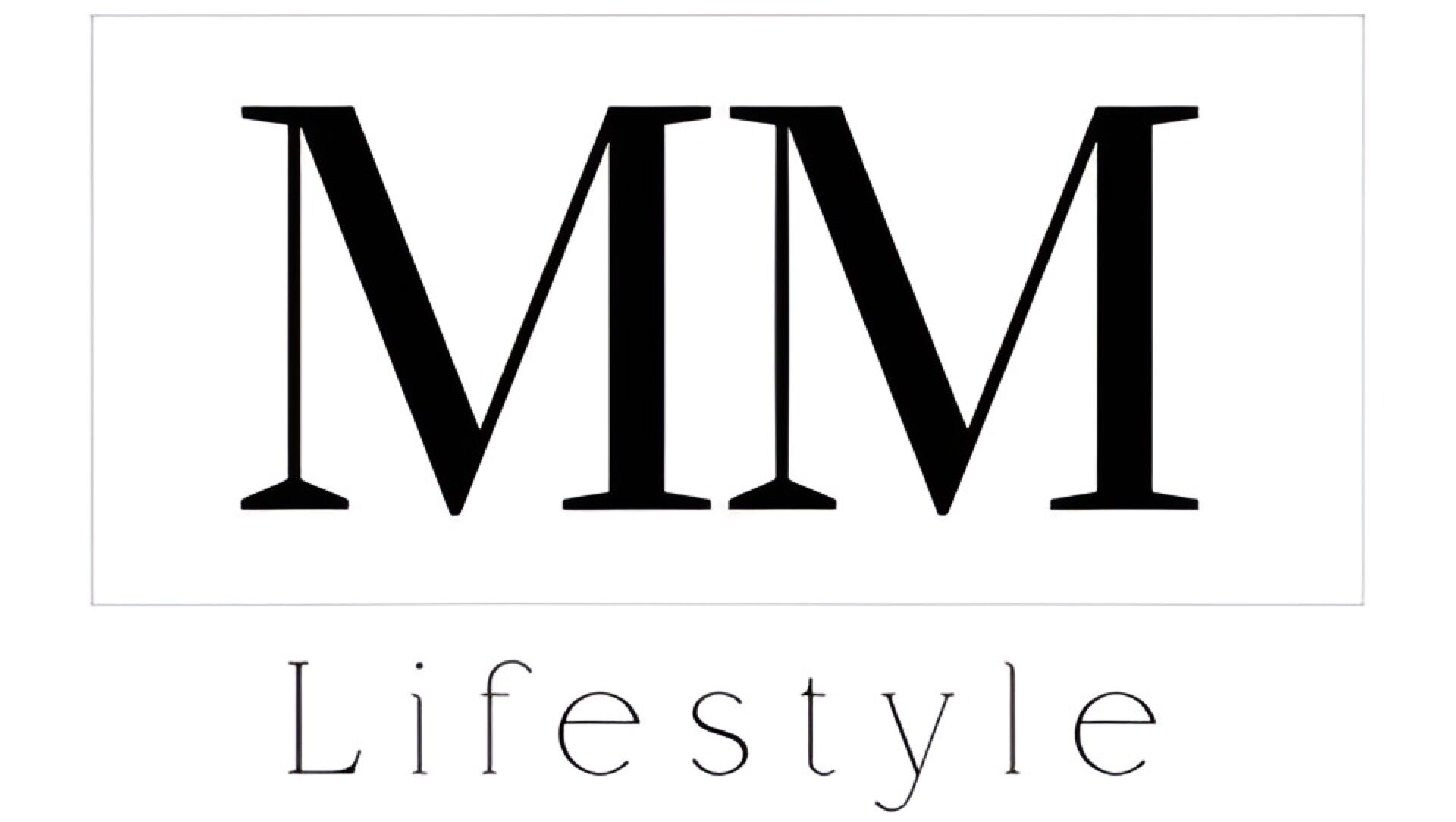What can Muslims Invest in? A Guide to Halal Investment Options
Halal investing ensures that your financial journey complies with Islamic principles, avoiding haram elements like interest (riba) and speculative activities (gharar).
In this guide, we’ll explore everything from halal stocks and ETFs to dividends, real estate, and Sharia-compliant loans. Whether you’re wondering “Is investing haram?” or looking for the best halal trading platforms, this guide has the answers.
What is Halal Investing?
Halal investing ensures compliance with Sharia law by avoiding:



Instead, halal investing should focus on ethical and tangible assets, profit-sharing (mudarabah) and justice.
How Does Halal Investing Work?
When investing as a Muslim, look for the following criteria:
1. Sharia-Compliant Stocks and Companies: Businesses must generate revenue from halal activities.
2. Transparent Financial Models: Avoid speculative markets or companies with excessive debt.
3. No Riba in Financial Instruments: Interest-based instruments like bonds are not allowed.
Top Halal Investment Options
1. Halal Stocks
What are stock investments?
When you invest in stocks, you become a partial owner and can earn money through price appreciation (selling shares for more than you paid) and dividends (payments made to shareholders from profits).
Halal stocks are shares of companies that operate in permissible industries, such as technology, healthcare, or manufacturing.
Example: Investing in Apple is halal because its primary revenue sources are compliant.
You can use apps like Zoya to screen for Sharia-compliant stocks.
2. Halal ETFs (Exchange-Traded Funds)
Halal ETFs are funds that pool money to invest in a diversified portfolio of Sharia-compliant companies.
Popular Examples:
- SP Funds Dow Jones Global Sukuk ETF (SPUS): Focused on sukuk (Islamic bonds).
- Wahed FTSE USA Shariah ETF: Invests in Sharia-compliant companies in the USA.
ETFs are ideal for Muslims looking to diversify their portfolios while adhering to Islamic guidelines.
3. Sukuk (Islamic Bonds)
Conventional Bonds vs Halal Bonds
Conventional bonds are loans where you lend money to a company or government and receive interest in return. For example, if you buy a $1,000 bond with a 5% interest rate, you earn $50 each year until it matures. Sukuk, on the other hand, are investment certificates that represent ownership in an asset, allowing you to share in its profits. For instance, if you invest in sukuk tied to a real estate project, you earn a share of the rental income instead of interest. While bonds focus on debt, sukuk emphasize ethical ownership and profit-sharing.
4. Islamic Real Estate
Real estate is a popular halal investment because it involves tangible assets. Islamic real estate financing uses contracts like:
• Ijara (Lease-to-Own): You pay rent with the option to buy the property.
• Musharaka (Partnership): You co-own the property with an Islamic bank, gradually buying out their share.
5. Halal Mutual Funds
What are Mutual Funds?
Mutual funds are investment vehicles where your money is pooled with others to buy a diversified portfolio of stocks or bonds, managed by professionals aiming for higher returns. They can only be bought or sold at the end of the trading day at a set price.
This differs from ETFs (Exchange-Traded Funds) as they trade throughout the day on stock exchanges like regular stocks, offering more flexibility. While mutual funds are actively managed, many ETFs are designed to passively track an index.
Halal Mutual Funds pool investments in Sharia-compliant assets. Popular options include:
• HSBC Islamic Global Equity Fund
Most Asked Questions on Halal Investments
1. Are Dividends Halal or Haram?
Yes, dividends are halal if they come from permissible business activities. Dividends are a share of the profits distributed to shareholders. For example:
• Halal: Dividends from a technology company.
• Haram: Dividends from a gambling or alcohol company.
Use tools like Zoya to verify the compliance of dividend-paying stocks.
2. Are Bonds Haram?
Yes, conventional bonds are haram because they involve fixed interest payments (riba). However, sukuk (Islamic bonds) offer a halal alternative, where profits are shared rather than interest being paid.
3. Is a High-Yield Savings Account Halal?
A high-yield savings account (HYSA) is a type of savings account that offers significantly higher interest rates than traditional savings accounts due to lower overhead costs as seen in online banking. However, HYSAs pay out interest most of the time, which is considered haram (forbidden) in Islam because it involves earning money from money without any productive activity. Instead, Muslims can consider investing in Islamic mutual funds, which invest in Sharia-compliant companies and offer potential returns without violating Islamic principles.
How to Start Your Halal Investment Journey
1. Set Your Financial Goals
Decide what you’re investing for—whether it’s building wealth, saving for retirement, or achieving financial freedom. Determine how much money you want to grow and over what timeframe (short-term vs. long-term goals). Clear goals will guide your investment choices.
Tip: Write down clear, measurable goals like “Save $10,000 in 5 years” or “Retire with $1 million by age 65.”
2. Choose the Right Investing Platform
- Wahed Invest: Provides Sharia-compliant portfolios.
- Musaffa: Specializes in halal stock trading.
- Zoya: Screens stocks for Sharia compliance.
Tip: Start with platforms offering low minimum investments and educational tools.
3. Start Small And Stay Consistent
Begin by investing small amounts and gradually increase as you grow confident.
- Automate your contributions to invest monthly without stress.
- Diversify your portfolio to balance risks (e.g., mix stocks, ETFs, and Sukuks).
- Regularly review your investments and adjust based on your goals.
Tip: Stay patient—investing is a long-term game, and consistency is key.
JazakAllah Khayr!
Starting your halal investing journey doesn’t have to be intimidating—it’s all about growing your wealth while staying true to your values. Take it one step at a time, and soon you’ll be building ethical wealth with barakah and confidence!

